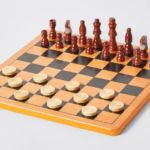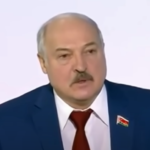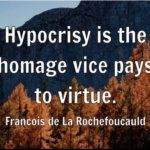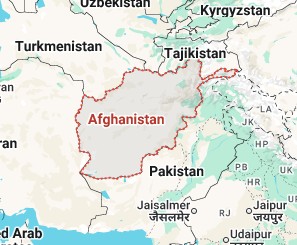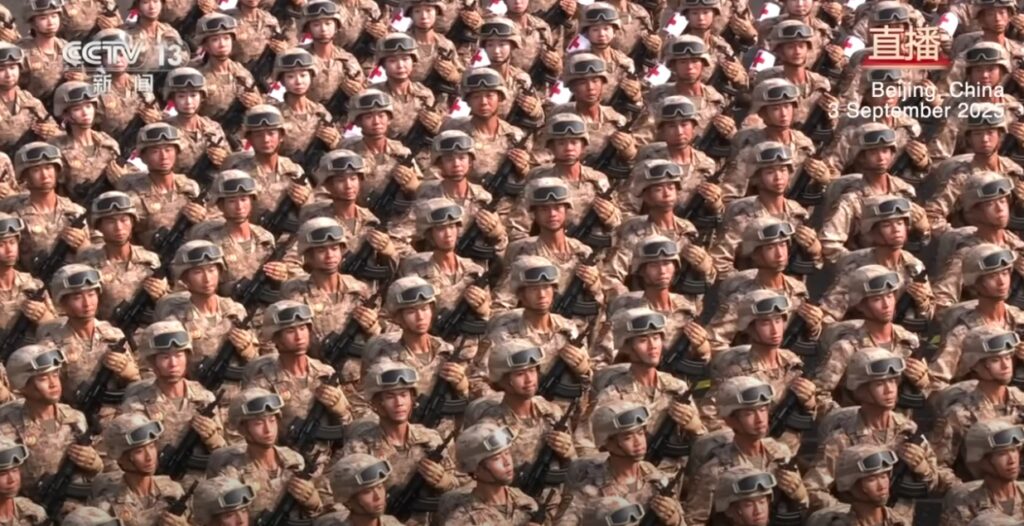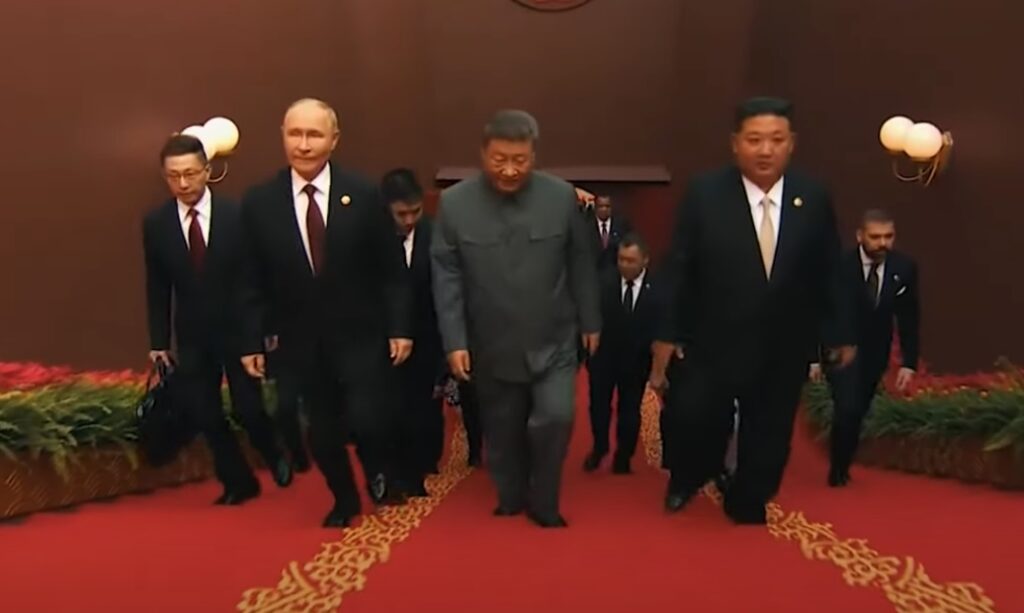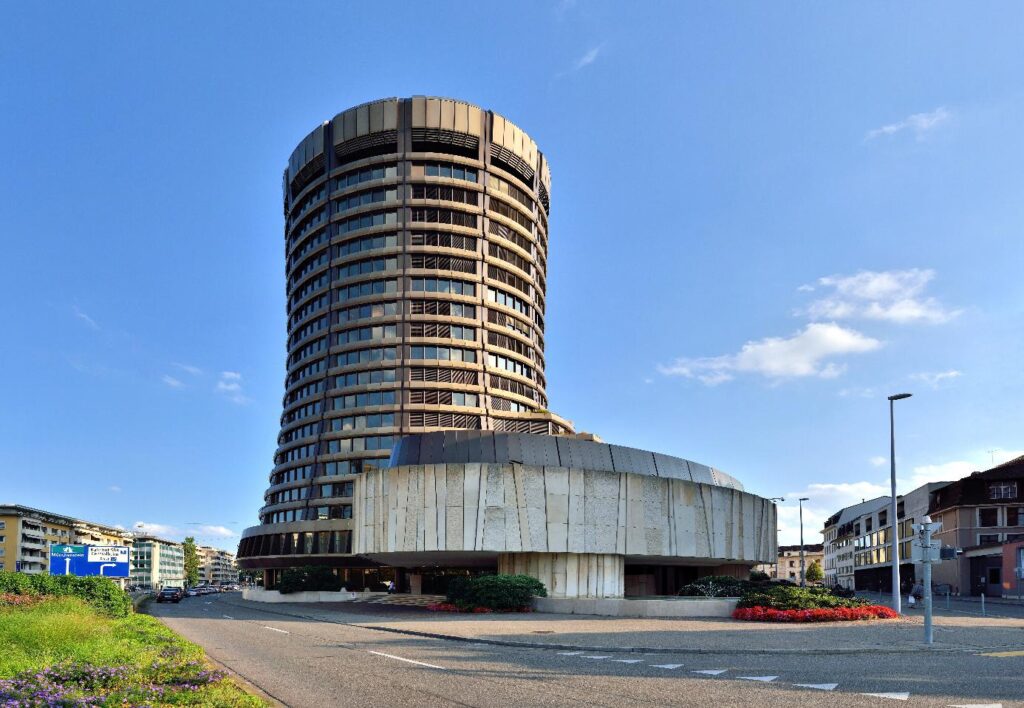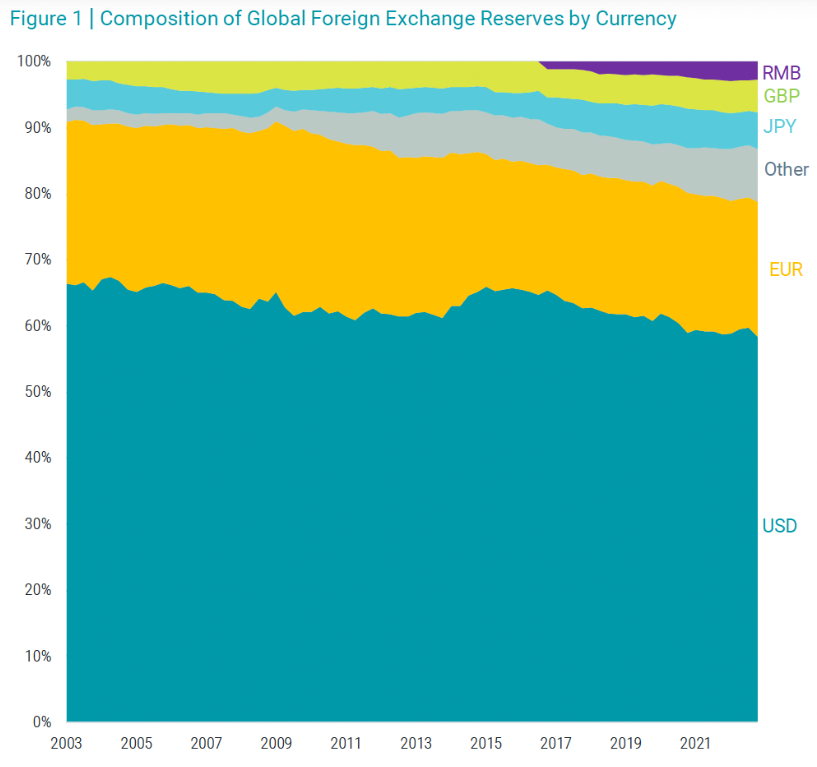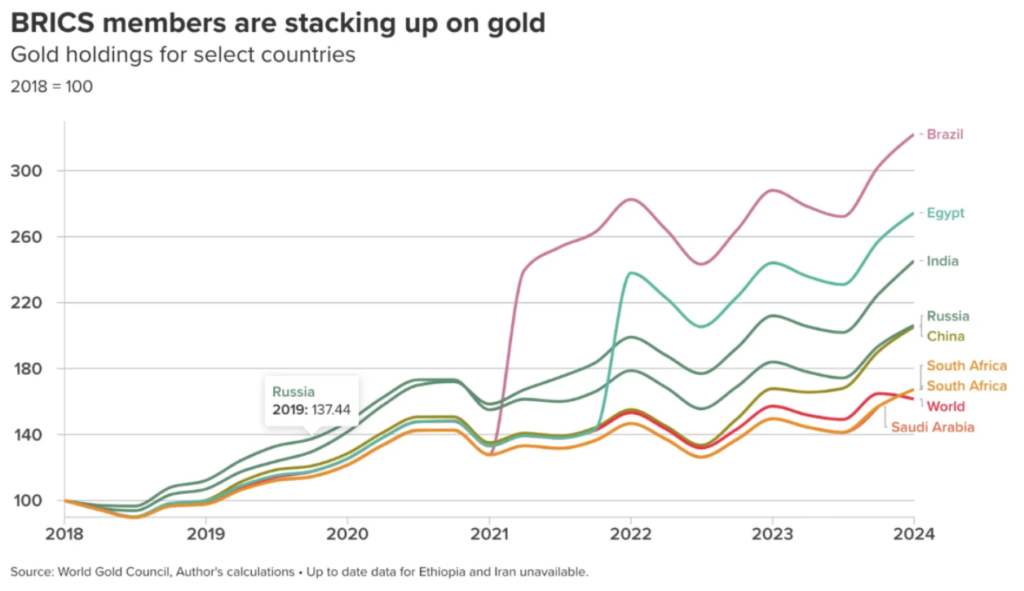As the year draws to a close, perhaps a certain era is drawing to a close, an era in which the anti-culture, which calls itself cancel culture, will finally breathe its last and take with it to the grave all the abominations it has bestowed upon us for several decades. And this cancel culture has bestowed upon us generously: the war between the sexes, the war between the races, the war on biological sex, the war of man against man in defense of animals and plants! Just think about all the lunacy that we have seen: models on the catwalks in ridiculous nun outfits (what kind of psyche does one need to have to do something like that?), Dutch farmers arrested by the police for refusing to give up on the fields they have cultivated for generations, successive packages of sanctions that hit those who impose them, the constant ethnic replacement that is being carried out in so-called democratic countries without the populations being asked for consent, the virus craze, and the final admission by the authorities that vaccinated people… die more often than the unvaccinated! (however, if until a few months ago this and that person advised against overdoing the sanitary restrictions, they were subject to punishment or at best ridiculed), men with haircuts that women wear, people of both sexes tattooed from head to toe, a Swedish teenage girl casting a spell on obliging presidents and prime ministers, an Amazonian goddess inside the most important temple of the Catholic Church, Ukrainian oligarchs of Jewish origin paying for Ukrainian nationalist and… anti-Semitic militias, an Indian Prime Minister of the UK, census results showing that the two largest British cities are each populated by a majority of people of color, the same stats showing that the UK is no longer a Christian country, the ritual kneeling of athletes either in support of blacks or people with sexual deviations during international competitions… the list is endless!
The year is coming to an end, the darkness will expand for only a few more days, and then it will begin to retreat, and then it will begin to give way to the light. Let’s hope that not only this astronomical darkness will soon begin to lose its power, but also its human, social, and mental counterpart. Absurdity and craziness have accumulated so much that it can only get better now. If no argument helps anymore, people generally sober up when they come face to face with a real problem, with real poverty, with a real challenge and with a real threat. We have a war. We have a war in Eastern Europe. The war will bring with it an economic crisis. As millions of people begin to starve and freeze, as the time of trial drags on, they will stop thinking about gender reassignment or the compensation for slavery, which ended 200 years ago, they will stop tattooing themselves and dressing themselves ridiculously in the habits of nuns: they will simply begin to fight for survival, for a modest meal and a little warmth at home. They will from one day to another realize what is important and what is not, they will find out where bread and fuel eventually come from (not from shops or filling stations!), they will suddenly become aware that family and nation matter after all simply because a person alone, when welfare systems disappear, is not able to survive from day to day. Who then will bother to promote gender assignment? Who then will think of installing toilets for the third gender? War and deprivation discipline people effectively. Very effectively. So there is hope that the nonsense and madness will soon end. That the day will come.
Gefira Financial Bulletin #69 is available now
- From B for B’nai B’rith to S for Selenskyj
- Leftist venom
- The best stock market investment of the last 20 years?
- The FED will continue to decide the fate of the equity markets in 2023

